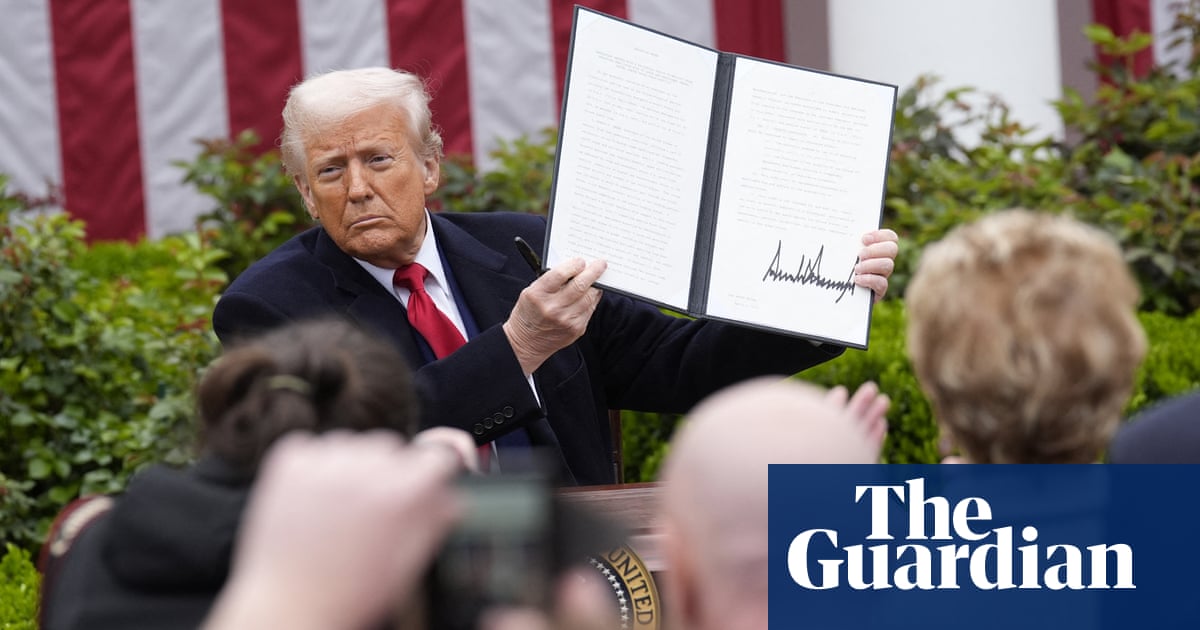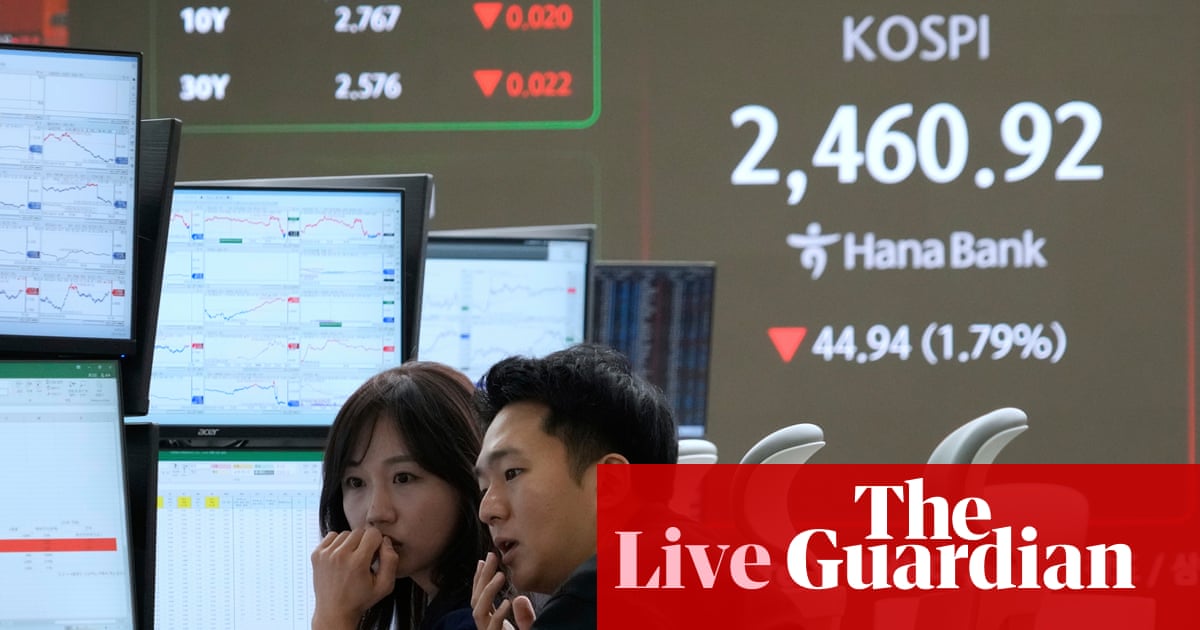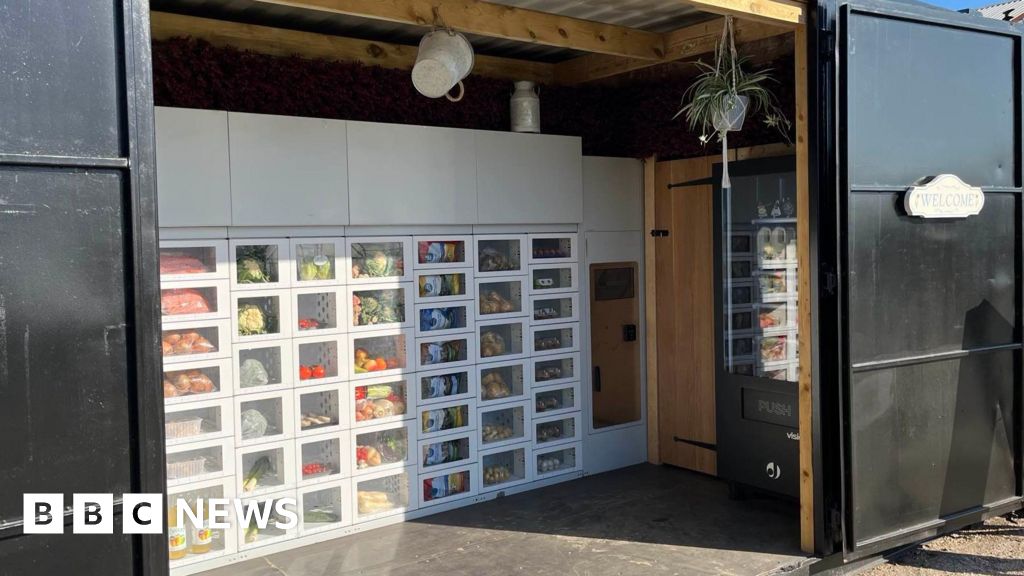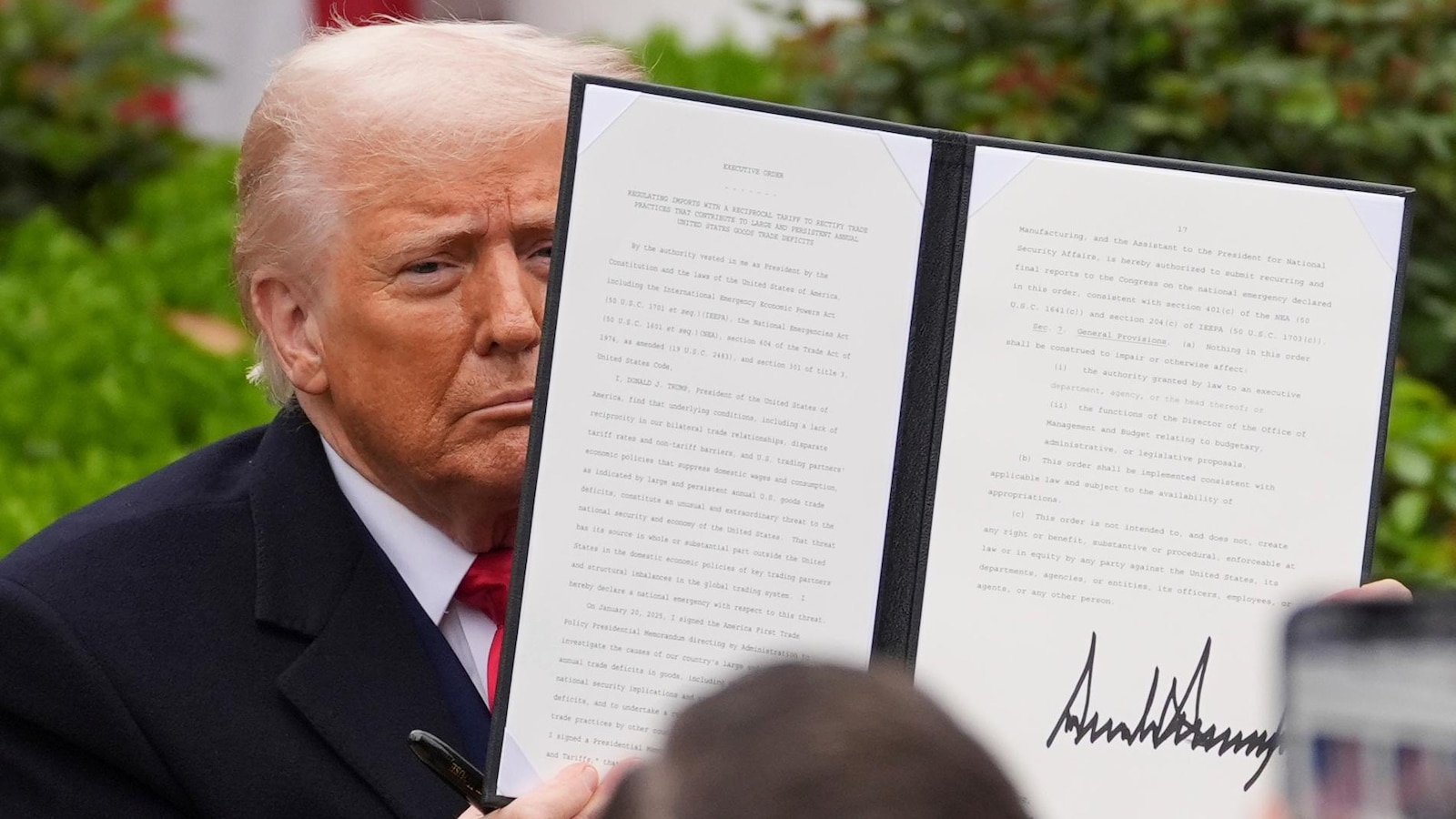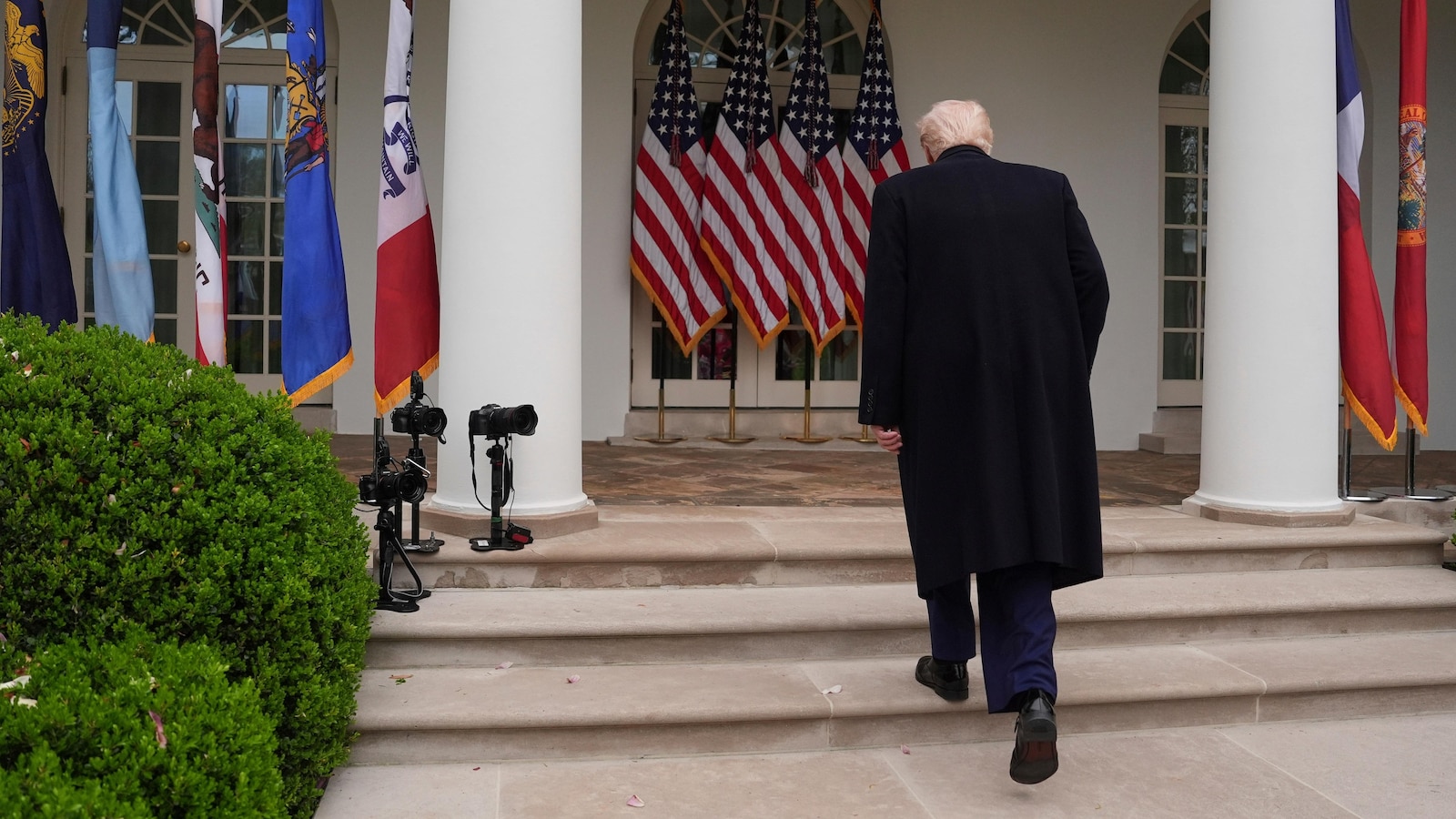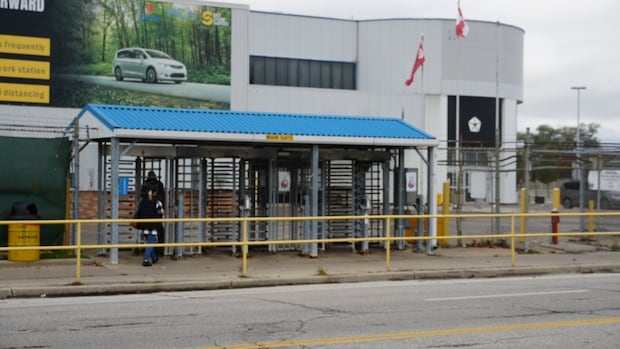
Stock market today: Asian shares mostly decline ahead of Trump’s latest tariffs
TOKYO — Asian shares were mostly falling Wednesday, shaken by jitters over what President Donald Trump will announce about tariffs on what he referred to as “Liberation Day.”
Japan’s benchmark Nikkei 225 recouped early losses and was down less than 0.1%, at 35,618.04 in morning trading. Australia’s S&P/ASX 200 added 0.2% to 7,940.30. South Korea’s Kospi dipped 0.4% to 2,511.66. Hong Kong’s Hang Seng dropped 0.9% to 23,003.26, while the Shanghai Composite inched down less than 0.1% to 3,346.84.
“Amid the uncertainty on tariffs details, risk sentiments were broadly fragile,” said Tan Jing Yi at Mizuho Bank.
On Wall Street, the S&P 500 rose 0.4% after roaring back from an early drop of 1%. The Dow Jones Industrial Average edged down by 11 points, or less than 0.1%, after pinging between a loss of 480 points and a gain of nearly 140, while the Nasdaq composite added 0.9%.
Wall Street has been particularly shaky recently, and momentum has been swinging not just day to day but hour to hour because of uncertainty about what Trump will do with tariffs — and by how much they will worsen inflation and erode growth for economies.
In the bond market, Treasury yields sank after a report said U.S. manufacturing activity contracted last month, breaking a two-month streak of growth. A separate report said U.S. employers were advertising slightly fewer job openings at the end of February than economists expected.
Companies are saying they’re already feeling effects from Trump’s trade war, even ahead of Wednesday when Trump has promised to roll out a set of tariffs, or taxes on imports from other countries, that he says will free the U.S. from a reliance on foreign goods.
“Customers are pulling in orders due to anxiety about continued tariffs and pricing pressures,” one computer and electronic products company told the Institute for Supply Management in its monthly manufacturers’ survey.
“Starting to see slower-than-normal sales in Canada, and concerns of Canadians boycotting U.S. products could become a reality,” a manufacturer in the food, beverage and tobacco products industry said in the ISM’s survey.
The U.S. economy is still growing, to be sure, and the job market has remained relatively solid even with February’s slightly weaker-than-expected job openings.
But one of the worries hitting the market is that even if Trump announces less-punishing tariffs than feared on Wednesday, the stop-and-start rollout of his trade strategy may by itself cause U.S. households and businesses to freeze their spending, which would damage the economy. Trump has pushed for tariffs in part to bring manufacturing jobs back to the United States from other countries.
All the nervousness in the market has helped push the price of gold to records, and it briefly topped $3,175 per ounce Tuesday. That’s up from less than $2,700 at the start of the year.
On Wall Street, Tesla charged 3.6% higher a day ahead of reporting how many vehicles it delivered during the first three months of the year.
Worries have grown about a potential backlash from customers, and protestors have been swarming Tesla showrooms due to anger about CEO Elon Musk’s leading the U.S. government’s efforts to cut spending. Tesla’s stock is still down by roughly a third for the year so far.
PVH jumped 18.2% after the company behind the Calvin Klein and Tommy Hilfiger brands reported a stronger profit for the latest quarter than analysts expected. It also said it plans to send $500 million to shareholders this year through purchases of its own stock.
Newsmax soared another 179% to follow up on its 735% surge from Monday, which was the first day of trading for the news company’s stock.
On the losing end of Wall Street was Johnson & Johnson, which dropped 7.6% after a U.S. bankruptcy court judge denied the company’s settlement plan related to baby powder containing talc. It’s the third time the company’s attempt to resolve the baby powder settlement through bankruptcy has been rejected by courts.
All told, the S&P 500 rose 21.22 points to 5,633.07. The Dow Jones Industrial Average dipped 11.80 to 41,989.96, and the Nasdaq composite gained 150.60 to 17,449.89.
In the bond market, the yield on the 10-year Treasury fell to 4.16% from 4.23% late Monday and from roughly 4.80% in January. That’s a significant move for the bond market, and yields have been falling with worries about a potentially slowing U.S. economy.
In energy trading, benchmark U.S. crude lost 3 cents to $71.17 a barrel. Brent crude, the international standard, fell 5 cents to $74.44.
In currency trading, the U.S. dollar rose to 149.83 Japanese yen from 149.59 yen. The euro cost $1.0793, inching down from $1.0798.
___
AP Business Writer Stan Choe contributed to this report.




